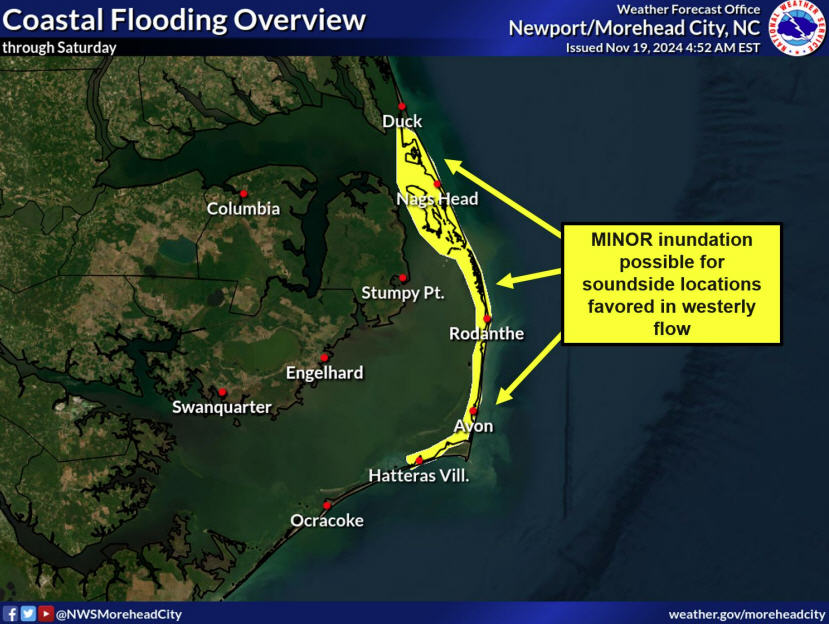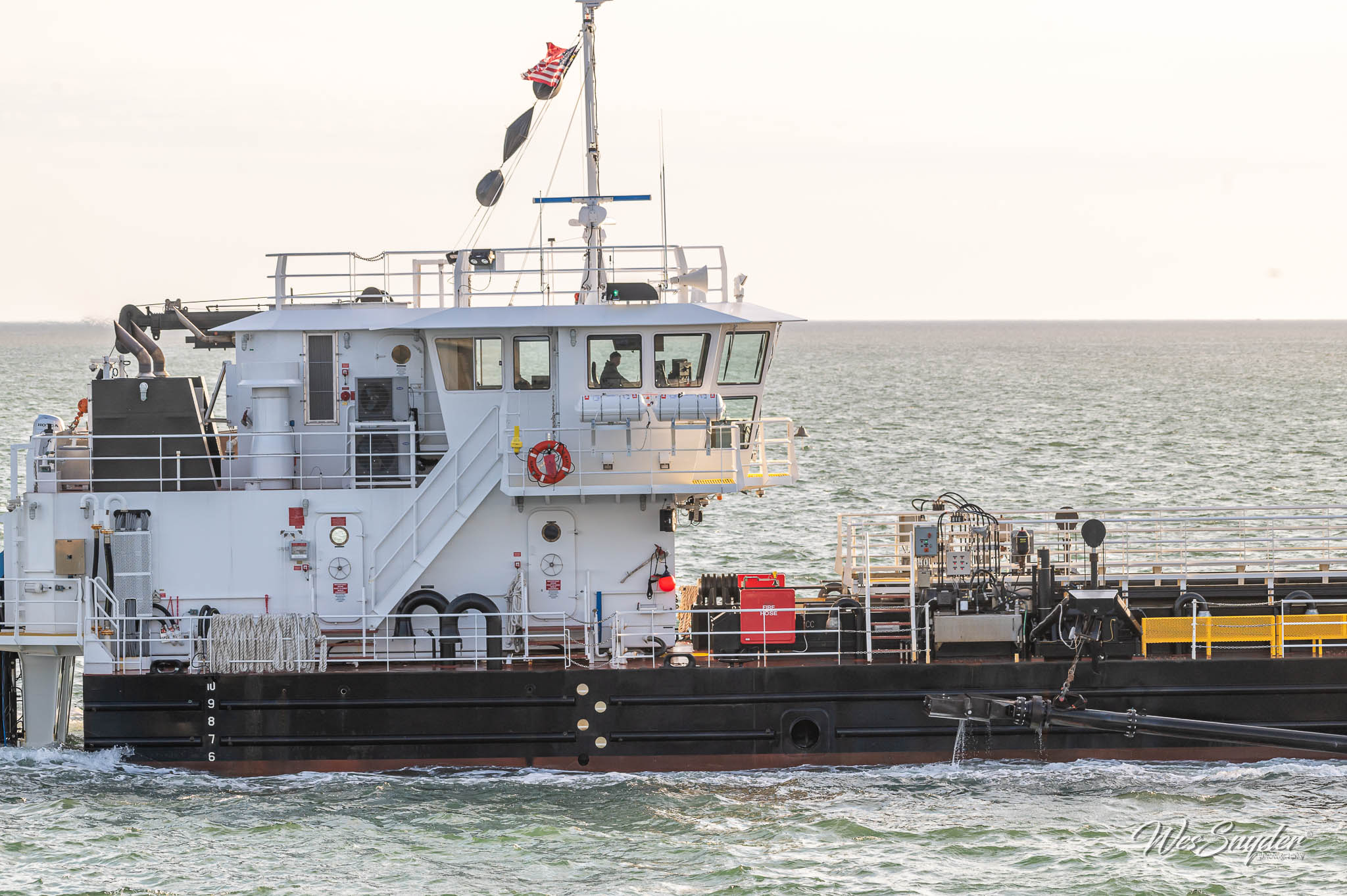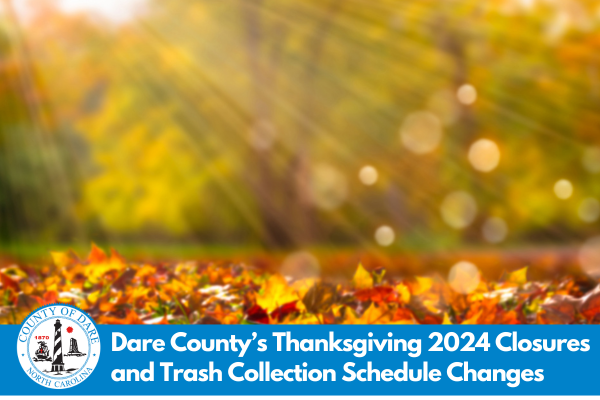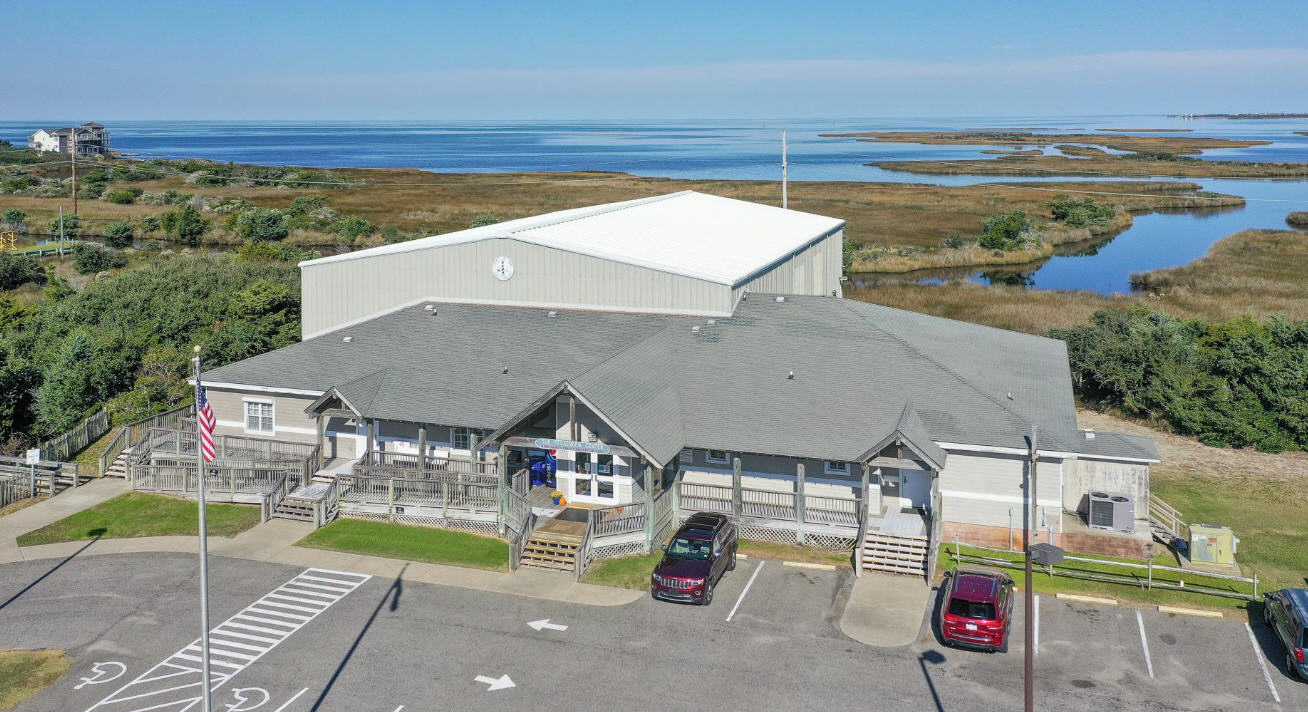Federal reforms needed to keep delivering on the promise of a stronger, smarter recovery
Op-ed by North Carolina Gov. Roy Cooper
North Carolinians are determined, tough people. For generations, our families have weathered brutal hurricanes. But recent history tells us there’s a new normal when it comes to these storms, and if we don’t rise to the challenge, then rising water will get the best of us.
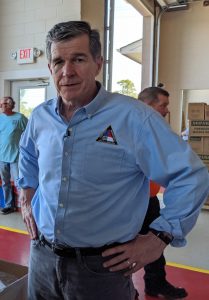
Matthew, Florence, Dorian. Three powerful storms to strike North Carolina in less than three years, with each one less welcome than the last.
In September 2018, Hurricane Florence was a double gut punch to many people still recovering from Hurricane Matthew 23 months before. When you have two so-called “500-year floods” in two years, it’s clearly not a 500-year event anymore. As Florence dumped as much as 34 inches of rain on our state, we knew we’d need a plan to recover not just stronger, but smarter.
In the days after Florence, we moved to stand up the North Carolina Office of Recovery and Resiliency (NCORR), fixing many of the problems that the state legislature created when it cut long-term housing experts and moved recovery operations to an agency that had never handled long-term recovery.
With less than a year under its belt, NCORR is a national model for how to prepare for and recover from these megastorms. NCORR moved swiftly to hire staff experts and build capacity to get recovery funding out faster to people in need. As for resiliency, the agency is tasked with ensuring that every policy is designed with prevention in mind to ensure our state can bounce back quicker from future storms.
While we appreciate relief and recovery assistance from the federal government, we need Washington to do better. Right now, long-term federal housing money from the U.S. Department of Housing and Urban Development (HUD) known as CDBG-DR gets passed by Congress and announced with great fanfare. But then, affected states are left to wait months – sometimes more than a year and a half – before HUD publishes the Federal Register, which is only the first required step in a lengthy and bureaucratic approval process setting out how that money can be spent. We still don’t yet have a dime of CDBG-DR money for Florence that happened a year ago, and now we’ve just had another hurricane.
I’ve met with the President and our Congressional representatives to push for changes. Specifically, we need Congress to require HUD to publish program requirements in the Federal Register within a much shorter timeframe. Or, better yet, Congress could get the money to us even faster by formally authorizing the CDBG-DR program so that Federal Register instructions aren’t even needed. Legislation to do this has been introduced in the House and the Senate, and Congress needs to pass it.
Another critical reform would create a universal application for disaster survivors that would be shared among FEMA, HUD and the Small Business Administration so people busy with recovery only need to fill out one application. This would also lead to seamless interagency data sharing, enabling better communication and coordination, and ultimately, faster disbursement of funds.
The CDBG-DR funds are just one portion of the disaster relief money, though, and despite the flaws with the HUD process, North Carolina has spent $2.8 billion in state and federal money to recover from Hurricanes Matthew and Florence. With state funds, North Carolina has been able to pick up some of the federal slack.
And, as we look forward, the days of climate change denial in North Carolina are over. I issued Executive Order 80 last October to do our part in the fight against climate change, which we know is a driving force behind these increasingly destructive storms. Our clean energy plan will reduce our greenhouse gases and push for clean and renewable energy.
When storms like Matthew, Florence and Dorian arrive, it’s houses and businesses that are damaged, but it’s homes and livelihoods that are lost. Those special places where people live and work are washed away in an instant.
I’ll keep fighting for North Carolinians recovering from these storms, working to rebuild their lives and protect themselves from the next storm. We owe it to them to deliver on our mission for a stronger, smarter North Carolina.





